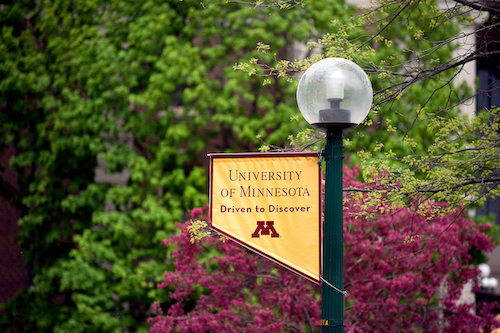
StudyFinder
Asymmetries in motor control and their impact on functional independence

Status: Recruiting
We are trying to learn more about how the brain controls movement and how this affects function after stroke. We expect differences in the side of brain damage to result in distinct movements of each arm. We will collect information with standard clinical exams and movements during tasks completed on the Kinereach virtual reality system. We will compare results between people who have and have not had a stroke.
Sex: Male or Female
Age Group: 18 years and over
Inclusion Criteria:
• right-handed
• stroke occurred at least 3 months ago
• stroke on only one side of brain
• weakness on one side of the body
• able to understand instructions
Exclusion Criteria:
• history of more than 1 stroke
• pacemaker
• pregnant
• major psychiatric diagnosis (schizophrenia, major affective disorder, substance abuse requiring hospitalization)
• significant joint pain
• arthritis
• neurological disease other than stroke
• taking prescription drugs with sedative properties
• unable to have a MRI
Conditions:
Brain & Nervous System, Community Health, Heart & Vascular
Keywords:
stroke, chronic, independence, movement, hemiparesis, deficits, rehabilitation, neuroscience
Study Contact: Shanie Jayasinghe - jayas045@umn.edu
Principal Investigator: Shanie Jayasinghe
IRB Number: STUDY00015809